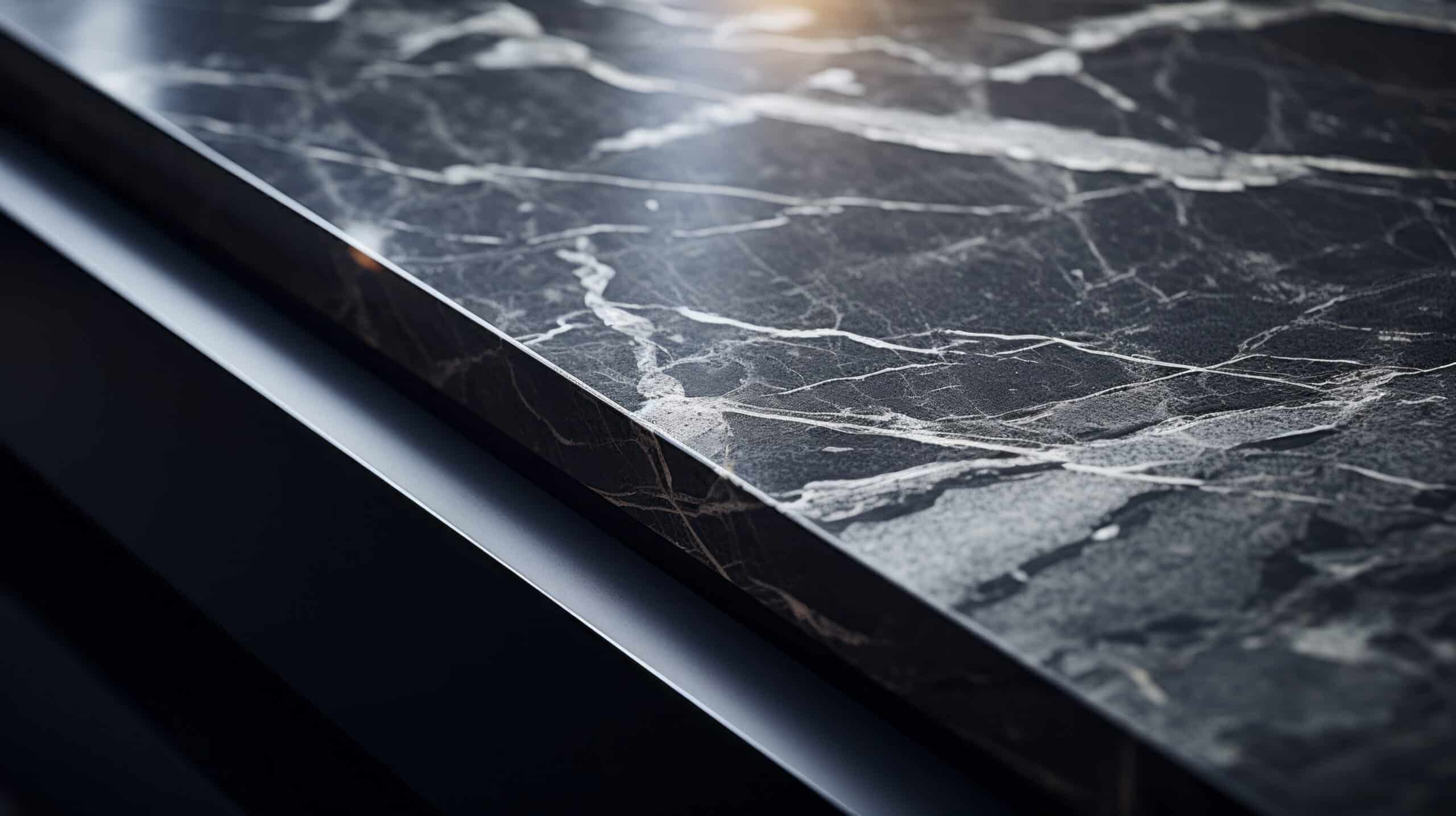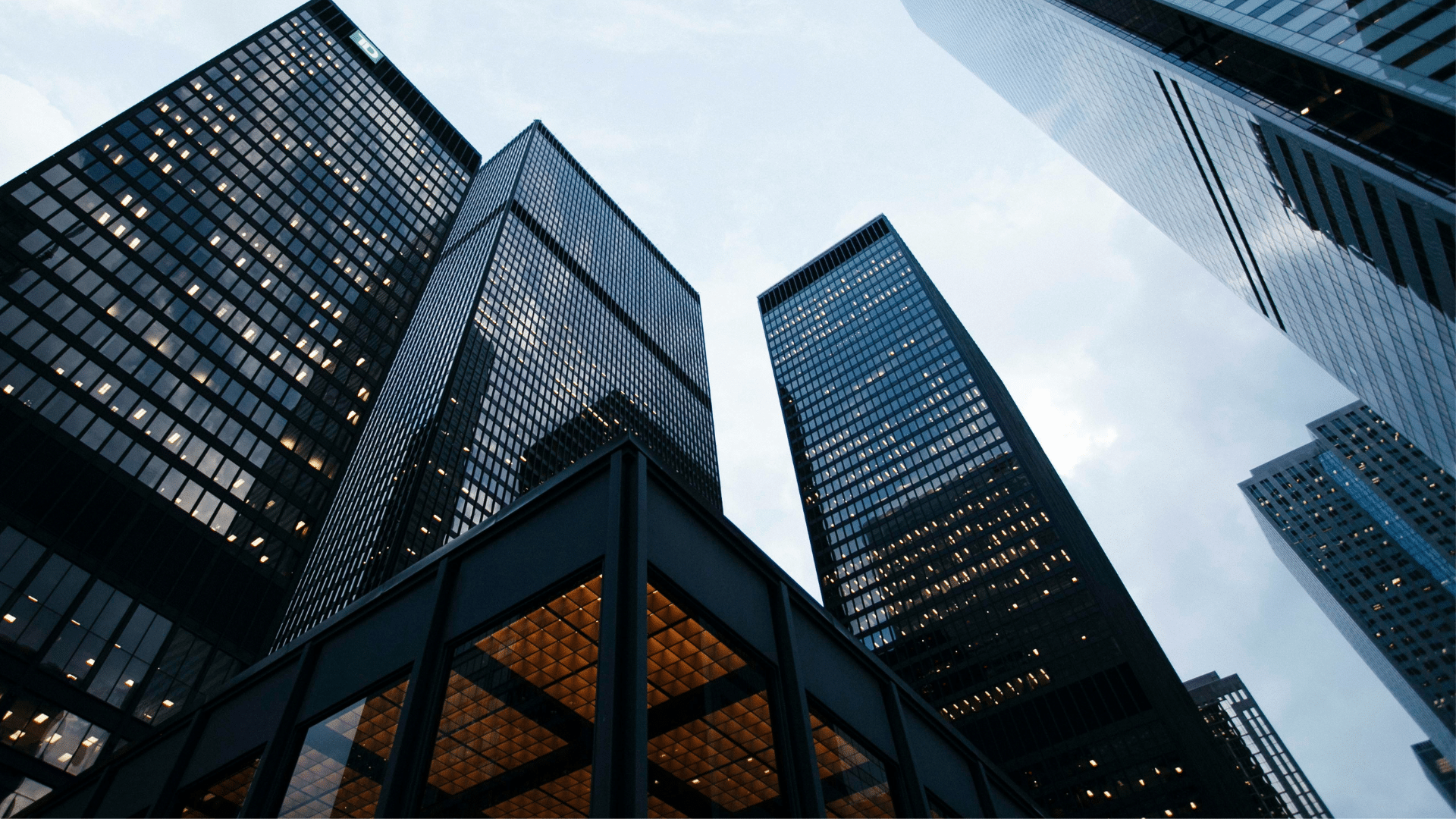
Effective 1 July 2024, the installation of engineered stone will be banned across Australia to protect workers from developing the incurable lung disease, Silicosis. Silicosis is commonly diagnosed after inhaling the dust mineral, crystalline silica, naturally found in certain types of rock – Source. The silica dust is easily inhaled when workers cut, drill, grind, or polish certain types of stone – Source. Engineered stone can contain up to 95% silica, so what are the available alternatives and how do they stack up?
In this article, we’ll share some of the zero to low silica alternatives to engineered stone. There are currently many options on the market to choose from in both categories and while all materials share both pros and cons, we highlight the benefits of some zero-silica options below.
Zero Silica Options
Solid Surfacing
Solid surfaces do not have crystalline silica as an ingredient, nor is it used in any part of the manufacturing process. They are usually composed of a blend of resin, minerals, and pigments, such as acrylic or polyester.
Key benefits of solid surface options:
- Reparable – Surfaces can be seamlessly restored from scratches and chips without having to completely replace the material.
- Reliable – Eliminate colour variance and won’t permanently stain.
- Durable – Designed for high use environments.
- Customisable – Pantone colour matching is available for large scale projects and there are different design capabilities, such as fluting, texture and thermoforming into almost any shape.
- Antimicrobial and hygienic – additional AcryMed protection can eliminate 99% of bacteria and does not absorb spills or food odours.
- Resistant – Tested for its mechanical, thermal, electrical and other surface properties.
- UV stable – Robust, durable, waterproof and UV resistant, therefore, it can be used in areas with high exposure to light.
Some brands of solid surfaces include Meganite, Corian.
Sintered Stone
Sintered stone begins as a blend of pulverised mineral dust. The blend is sintered, or fused, into a solid through intense heat and compression, without the use of resins or glues.
Key benefits of sintered stone options:
- Versatility in use – Can be used for indoor and outdoor kitchens, benches and tabletops, bathrooms, ventilated facades, roofing, cladding, flooring, paving, spas, swimming pools, underwater installations, indoor and outdoor surfaces and custom furnishings.
- Durable – It is resistant to wear and tear, weather conditions, UV rays, heat, and frost.
- Hygienic – Non-porous, anti-fungal and anti-bacterial.
- Low maintenance – Doesn’t need to be treated.
- Chemically resistant – Resistant to chemical products and acid.
Some brands of Sintered stone include Neolith, Dekton, Lapitec.
Timber
Key benefits of timber:
- Wood variety – The texture and colour of timber depends not only on its species but due to the individual nature of every block, each piece is unique, and thus there are endless options.
- Durable – While timber has longevity, it does take on dings and scratches, though this can be seen as added character in the wood.
- Semi-reparable – Although, timber has a lower density than other materials and is softer in nature, refinishing it is not hard and it can be sanded or stained again to make it look like new.
- Reusable – the longevity of wood gives you the option to repurpose it for use somewhere else in the future.
Stainless Steel
Key benefits of stainless steel:
- Heat resistant – Hot pots and cups can be left directly on the surface with no damage.
- Hygienic – One of the most hygienic industrial materials (low bacterial retention capacity).
- Sustainable – As a metal, stainless steel is robust and can be endlessly recycled. Interestingly, more than half of stainless steel metals in use today are made from previously recycled steel.
Laminate
Key benefits of laminate:
- Budget-friendly – Typically the most cost-effective benchtop option.
- Colour and design options – Comes in a vast array of colour and design options.
- Stain-resistant – Dirt and moisture won’t penetrate laminate’s non-porous surface and therefore, stains are unlikely to occur.
- Maintenance-free – No sealing or special care is required to keep them protected.
Low Silica Options
Lastly, there are some low-medium silica options that are still approved for use in Australia, including materials such as, granite, porcelain, solid marble, solid limestone, and other Sintered Stones.


